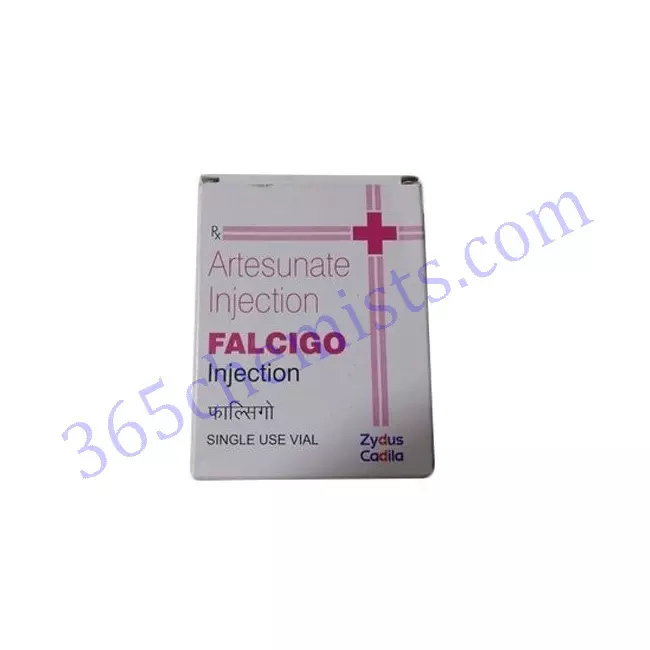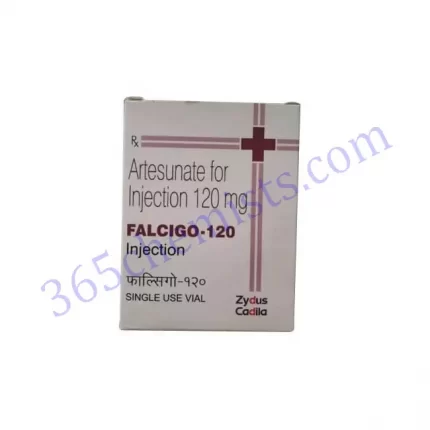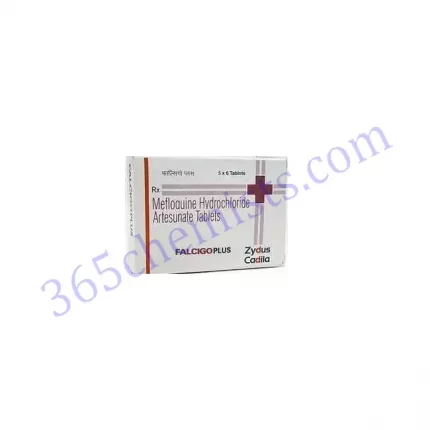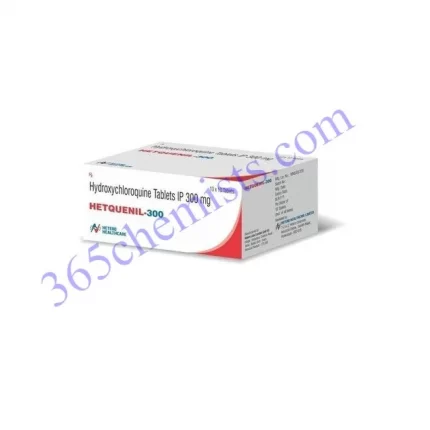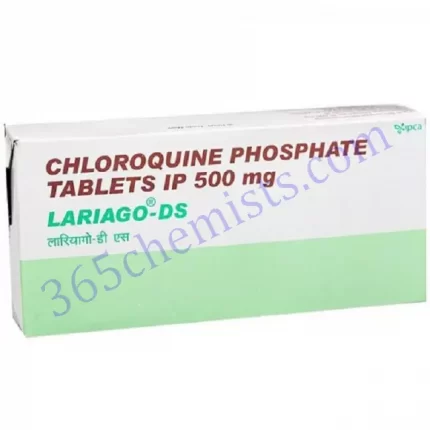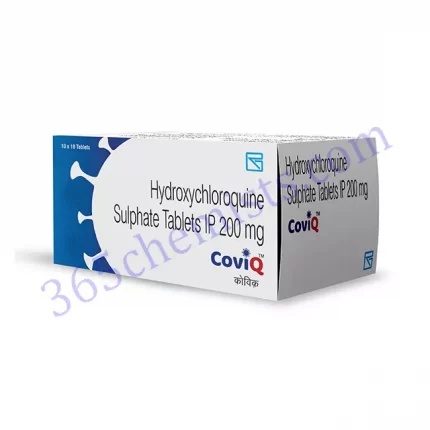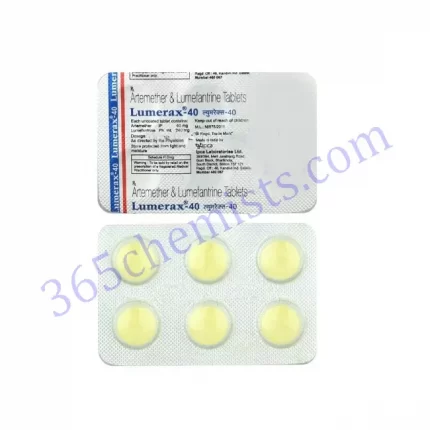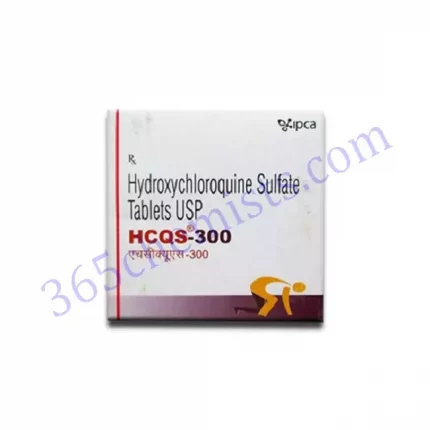Falcigo 60mg Injection: Effective Treatment for Severe Malaria
Artesunate, a potent antimalarial medication used to treat severe malaria, is a component of Falcigo 60mg Injection. It offers quick relief from the potentially fatal side effects of severe malaria because it is specifically formulated to target the blood-stage of the malaria parasite. Falcigo 60mg Injection is an essential tool for treating severe malaria cases, saving lives and lessening the impact of this deadly disease.
Understanding Severe Malaria:
With the potential for life-threatening complications and the involvement of vital organs, severe malaria is a medical emergency. People who live in malaria-endemic areas are most frequently affected, especially young children and pregnant women. High fever, impaired consciousness, respiratory distress, seizures, and organ dysfunction are just a few of the symptoms of severe malaria.
Artesunate: Rapid Action and Efficacy:
Falcigo 60mg Injection’s active component, artesunate, is a member of the artemisinin subclass of antimalarial medications. It has quick and effective antimalarial activity that works quickly to lower the bloodstream parasite load. By interfering with the metabolic functions of the malaria parasites, artesunate kills them. In order to treat severe malaria and stop the development of life-threatening complications, its quick action is essential.
Administration and Dosage:
Falcipa 120 mg In a hospital setting, injections are administered under the direction of skilled medical personnel. The patient’s body weight and the degree of the malaria infection are taken into consideration when determining the dosage. Typically, the injection is administered intravenously to ensure the medication enters the bloodstream quickly. It is crucial to keep a close eye on the patient’s condition both during and after administration.
Related Product
Falcigo 120mg injection
Falcigo 60mg injection
Falcigo Plus Tablet
Safety Profile and Side Effects:
Falcipa 120 mg When used as instructed, injection is generally well-tolerated. However, it could have side effects, just like any medication. Temporary gastrointestinal symptoms, such as nausea and vomiting, are frequent side effects. Typically, these side effects are minor and go away on their own. Although serious adverse reactions are uncommon, they should be reported right away to healthcare professionals. In cases of severe malaria, the advantages of using Falcigo 60mg Injection outweigh the possible risks.
Combination Therapy Approach:
Combination therapy is frequently advised for the treatment of severe malaria in order to increase effectiveness and lower the risk of resistance. In order to provide a thorough course of treatment, artesunate is frequently combined with other antimalarial drugs, such as antibiotics or other antiparasitic drugs. A higher cure rate and a lower risk of treatment failure are guaranteed by combination therapy, which targets various stages of the malaria parasite’s lifecycle.
Prevention and Control Measures:
Even though Falcigo 60mg Injection is very effective at treating severe malaria, prevention is still a key component of efforts to control the disease. Preventive measures can lessen the spread of malaria and avert severe cases, such as the use of insecticide-treated bed nets, indoor residual spraying, and community-based education. For the prevention and control of malaria, ongoing efforts in vector control, early diagnosis, and prompt treatment are crucial.
Global Efforts in Malaria Control:
Governments, international organisations, researchers, medical professionals, and local communities must all work together to combat malaria. Significant progress has been made in lowering the global burden of malaria through partnerships, advances in research, and funding for malaria control programmes. To eradicate malaria, however, as a disease, requires a long-term commitment and constant innovation.
Community Engagement:
A crucial element of efforts to combat malaria is community engagement. Successful malaria control depends on educating people and communities about malaria prevention, early diagnosis, and treatment. Participation in malaria prevention initiatives can be boosted by involving community leaders, neighbourhood groups, and community health workers in the information-sharing, awareness-raising, and participation processes.
Malaria Education:
Fighting malaria requires a strong commitment to education. For community members to make educated decisions about their health, accurate and accessible information about malaria transmission, symptoms, preventive measures, and treatment options must be provided. The target population’s particular needs for malaria education should be taken into account, along with cultural norms, linguistic constraints, and literacy levels.
Promoting Insecticide-Treated Bed Nets:
One of the most effective methods for preventing the spread of malaria is the use of insecticide-treated bed nets (ITNs). Campaigns for community education can stress the value of using ITNs every night and encourage all members of the family to do so, especially expectant mothers and young children. To maximise their efficiency, proper maintenance, such as routine net washing and repair, should also be stressed.
Encouraging Prompt Diagnosis and Treatment:
In order to prevent severe malaria cases and lower malaria-related deaths, prompt diagnosis and treatment are essential. Programmes for community education could emphasise the value of prompt medical attention when experiencing malaria symptoms like fever, headache, chills, and body aches. Encourage early intervention by highlighting the availability of diagnostic tools and powerful antimalarial drugs.
Advocating for Antimalarial Medications:
Initiatives for community education can be extremely effective in eradicating myths and encouraging the use of legal antimalarial drugs. Stressing the advantages of ACTs, such as Falcigo 60mg Injection (Artesunate), can persuade members of the community to seek the right care from trained medical professionals. It is also essential to inform the public about the dangers of using fake or subpar antimalarials.
Empowering Community Health Workers:
Community health workers (CHWs) are a crucial component of programmes to combat malaria. By offering information, guidance, and fundamental healthcare services, they act as a link between healthcare facilities and the communities they serve. The ability to diagnose and treat uncomplicated malaria can be greatly improved by educating and supplying CHWs with the tools and knowledge they need.
Partnerships with Local Organizations:
Initiatives for malaria education can be strengthened by working with local groups, such as non-governmental organisations (NGOs), faith-based organisations, and community-based organisations. Because of their established networks and reputations in the community, these organisations can implement preventive measures and disseminate information more successfully. The long-term success of malaria control initiatives can be ensured by creating sustainable partnerships.
Monitoring and Evaluation:
To judge the success of community engagement initiatives and pinpoint areas for development, it is crucial to track and evaluate their effects. The effectiveness of education campaigns can be analysed through routine data collection, which includes indicators like knowledge levels, bed net use, and health-seeking behaviours. Effective resource allocation and intervention customization are made possible by this information.
Conclusion:
The essential drug Falcigo 60mg Injection (Artesunate) targets the blood-stage parasites and offers quick relief from potentially fatal complications in the treatment of severe malaria. Healthcare professionals support international efforts to combat malaria by following treatment guidelines, saving lives and enhancing the health of those who are infected. Together, we can work to eradicate malaria and build a healthier future for all through a thorough strategy that incorporates both treatment and prevention tactics.

